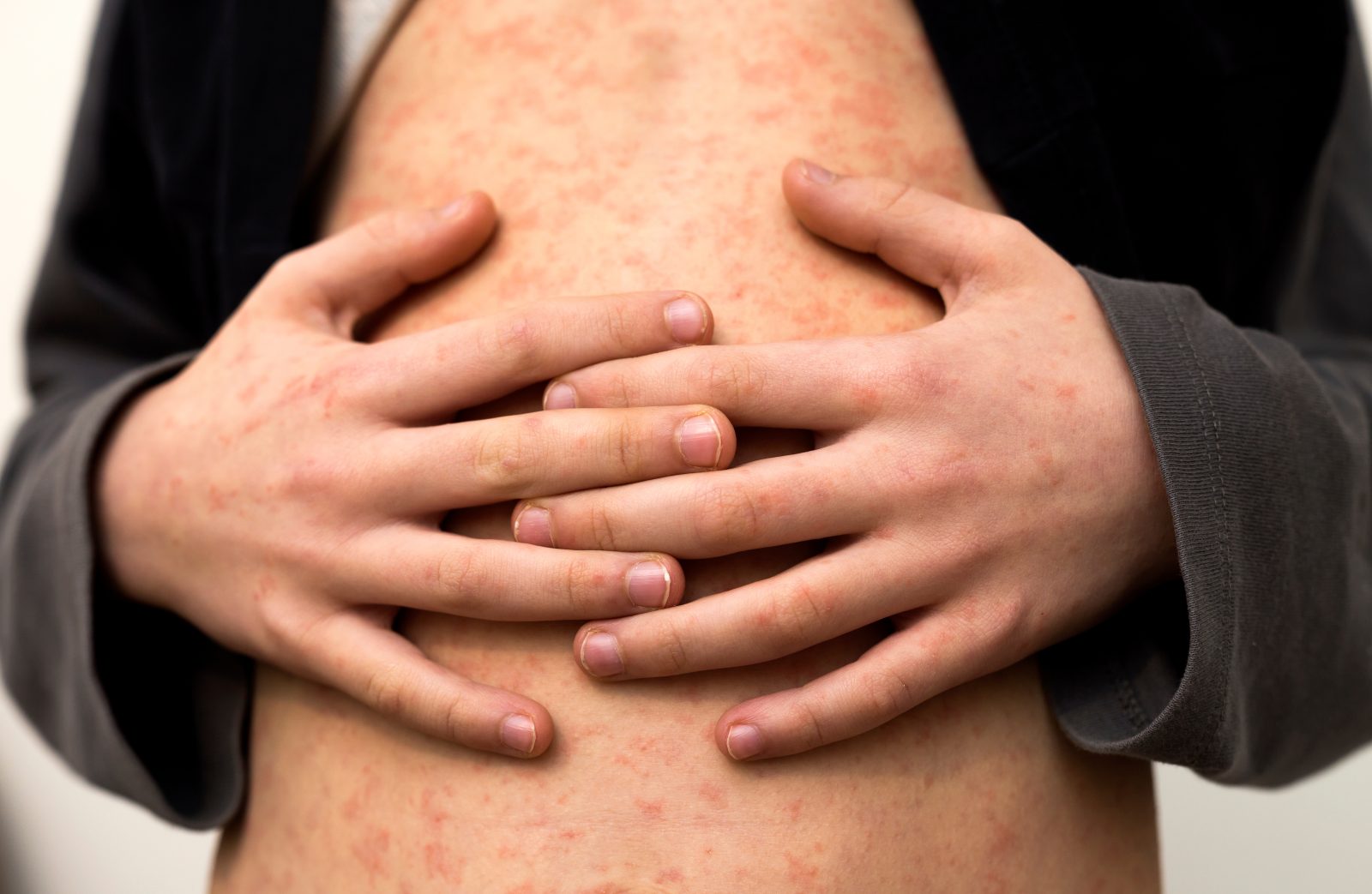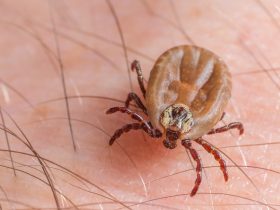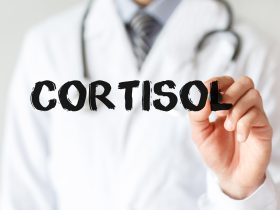Measles, a highly contagious viral infection preventable by vaccination, has experienced a resurgence in certain parts of Europe, prompting urgent warnings from the World Health Organization (WHO).
In 2023, over 30,000 measles cases were reported across 40 member states in the WHO European Region, marking a significant increase from the 941 cases reported in 2022. The WHO attributes this resurgence to a decline in childhood vaccination rates during the COVID-19 pandemic.
The alarming rise in measles cases has resulted in approximately 21,000 hospitalizations and five measles-related deaths in the region, highlighting the urgent need for vaccination efforts to halt transmission and prevent further spread.
Although small outbreaks of measles have occurred in some parts of the United States, including Georgia, Missouri, New Jersey, and Pennsylvania, the WHO has not issued extensive warnings within the U.S. due to the widespread requirement for measles vaccination during infancy.
However, healthcare experts emphasize the importance of remaining vigilant about measles transmission and prevention, particularly as childhood vaccination rates decline in certain communities. Specialists highlight the potential for a rise in acute measles cases among non-immune individuals and emphasize the importance of measles vaccination to prevent severe complications.
Given the resurgence of measles and its potential consequences, it is essential to understand the risks of contracting the infection and how to respond if infected.
Awareness of measles transmission, prevention measures, and vaccination strategies are crucial in mitigating the spread of the disease and protecting public health.
What Is Measles?
Measles is a very contagious viral disease caused by a virus that is capable of affecting individuals of any age, although it is most common in children.
It is considered one of the most contagious viruses and typically presents with symptoms resembling those of a typical viral syndrome. Symptoms usually appear 7 to 14 days after exposure to the virus, with a rash being the most noticeable symptom.
Common symptoms of measles include:
- Runny nose
- High fever
- Small white spots inside the cheeks
- Red, watery eyes
- Cough
- Rash (beginning as flat red spots on the face near the hairline and spreading to the neck, arms, legs, and feet)
Measles can also lead to severe complications, such as severe diarrhea and dehydration, pneumonia, breathing difficulties, ear infections, blindness, and encephalitis (brain swelling).
How Does Measles Spread?
Measles is one of the most easily transmissible infections, even more so than the flu, COVID-19, or tuberculosis. When one person has measles, as many as 90% of those nearby who lack immunity can also become infected. The virus t is not contracted nor transmitted by animals.
The virus resides in the nose and throat mucus of an infected person and can spread to others through tiny droplets released into the air when coughing, sneezing, or speaking.
If others breathe in the contaminated air or come into contact with any infected surfaces and then touch their eyes, noses, or mouths, they can also become infected, as noted by the CDC.
Infectious viral aerosols can remain in the air of a room for several hours after a contagious person has left it.
Does The Measles Vaccine Effectively Protect You?
Individuals who receive the MMR vaccine are protected against measles, mumps, and rubella. According to the CDC, a single dose of the vaccine prevents measles in about 93% of vaccinated individuals, while the full two-dose series is about 97% effective.
The CDC recommends that all children receive the MMR vaccine, with the first dose administered between 12 to 15 months and the second dose between ages 4 and 6.
While it’s possible for vaccinated individuals to still contract measles, the likelihood is significantly lower compared to those without vaccination.
Cases of measles in vaccinated individuals are more common among those with some impairment of their immunity that prevents the full benefit from the vaccine series they received.
If you haven’t received any measles vaccinations, your risk of getting the disease is higher. Unless vaccinated, you have about a 90% chance of contracting the infection if exposed to an ill individual during the period of highest potential transmission, which is between 4 days before and 4 days after a rash appears.
If you did not get the vaccine and live in a community where the majority of the population is vaccinated, you have a very low risk of contracting measles. The measles vaccine provides reliable lifelong protection from infection and transmission.
During the 2019 outbreak, over 85% of cases occurred within close-knit under-vaccinated communities but did not spread beyond these groups due to still-high vaccination rates within the broader neighboring population.
If you didn’t receive the MMR vaccine as a child or aren’t sure if you did, the CDC recommends getting vaccinated as an adult. Most people only need one dose, though individuals at higher risk for mumps, measles, or rubella will receive two doses spaced 28 days apart.
People born before 1957 are presumed to be protected against measles, mumps, and rubella because they were likely infected naturally and do not need to get the measles vaccine.
What Happens If You Contract Measles?
Individuals infected with measles can experience a variety of symptoms and complications.
A typical case of measles begins with a rising fever, often reaching as high as 104 to 105°F, accompanied by a cough, inflammation of the mucous membrane in the nose (coryza), and/or conjunctivitis.
In addition, infected individuals may develop Koplik spots, which are tiny red spots with bluish-white centers inside the mouth on the lining of the cheek. These spots typically appear two to three days before a rash develops and fade a day or two later.
The rash usually appears 14 days after you are exposed and it usually increases as the fever fades. The measles rash first appears on the head and face, then it starts spreading downwards to your body and limbs.
Complications of measles can include ear or brain infections, diarrhea, and pneumonia. These complications are more common in young children and older adults.
Measles Treatment
At this time, there is no antiviral treatment for measles. However, you can rely on supportive care to help with symptom management and complications prevention.
If you contract measles, doctors recommend addressing any bothersome symptoms with over-the-counter medications such as ibuprofen to reduce fever and alleviate discomfort. He also advises staying hydrated, getting plenty of rest, and avoiding contact with other people, especially those who are unvaccinated.
In some cases, especially among children, vitamin A supplements may be recommended to reduce the risk of complications and improve recovery. Studies have shown that vitamin A helps make measles less severe. For measles, vitamin A is generally used just to help with symptoms.
It’s crucial to emphasize that the most effective way to prevent measles is by receiving the measles, mumps, and rubella (MMR) vaccine.
The vaccine is highly effective, with a single dose protecting 93% of vaccinated individuals, and a two-dose series boosting this protection to 97%, according to recommendations from the CDC and WHO.















Find Us on Socials